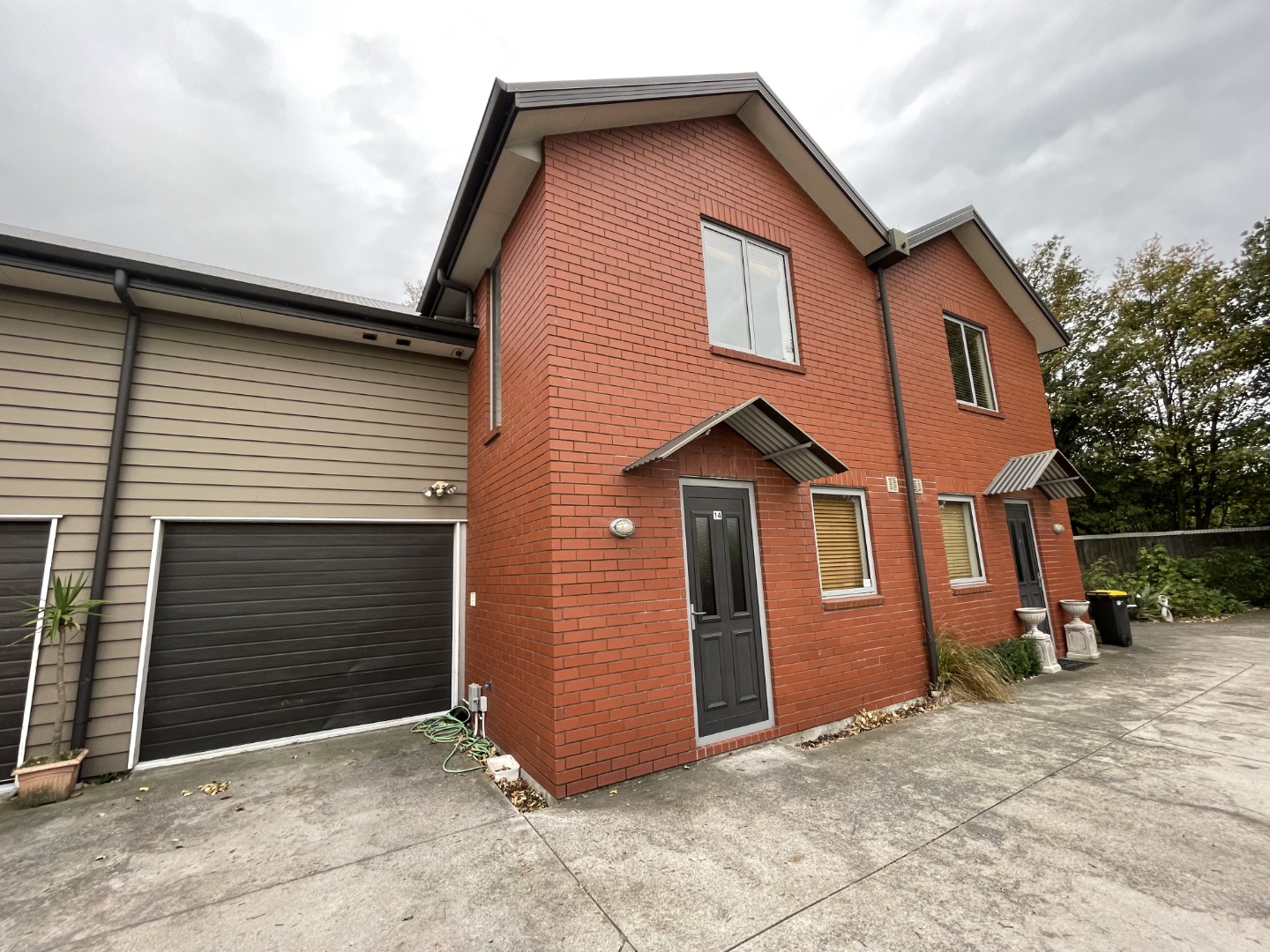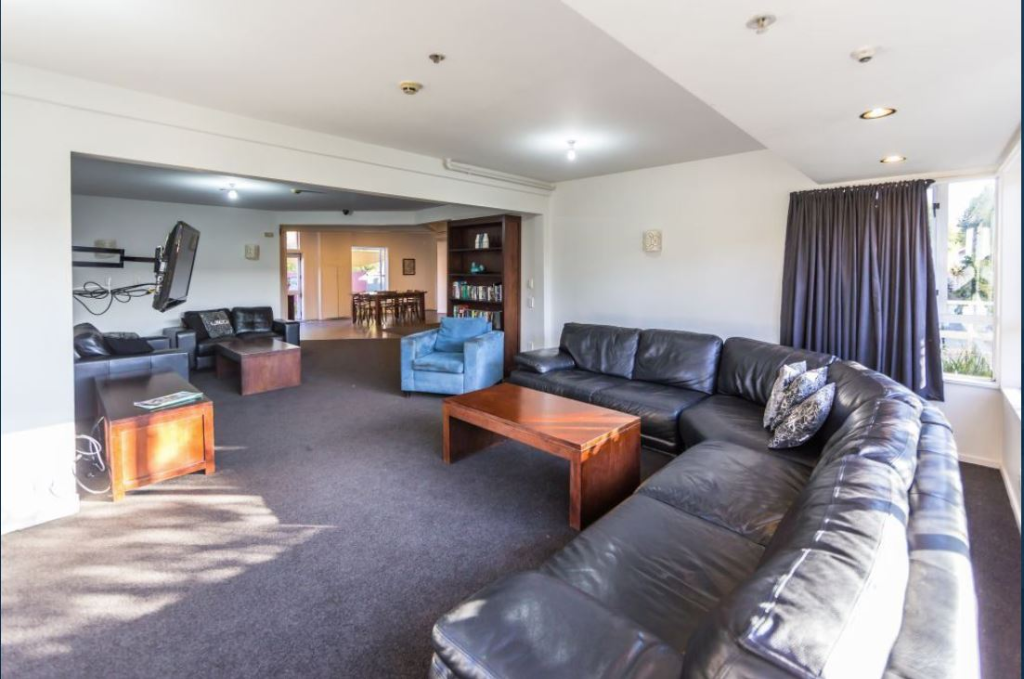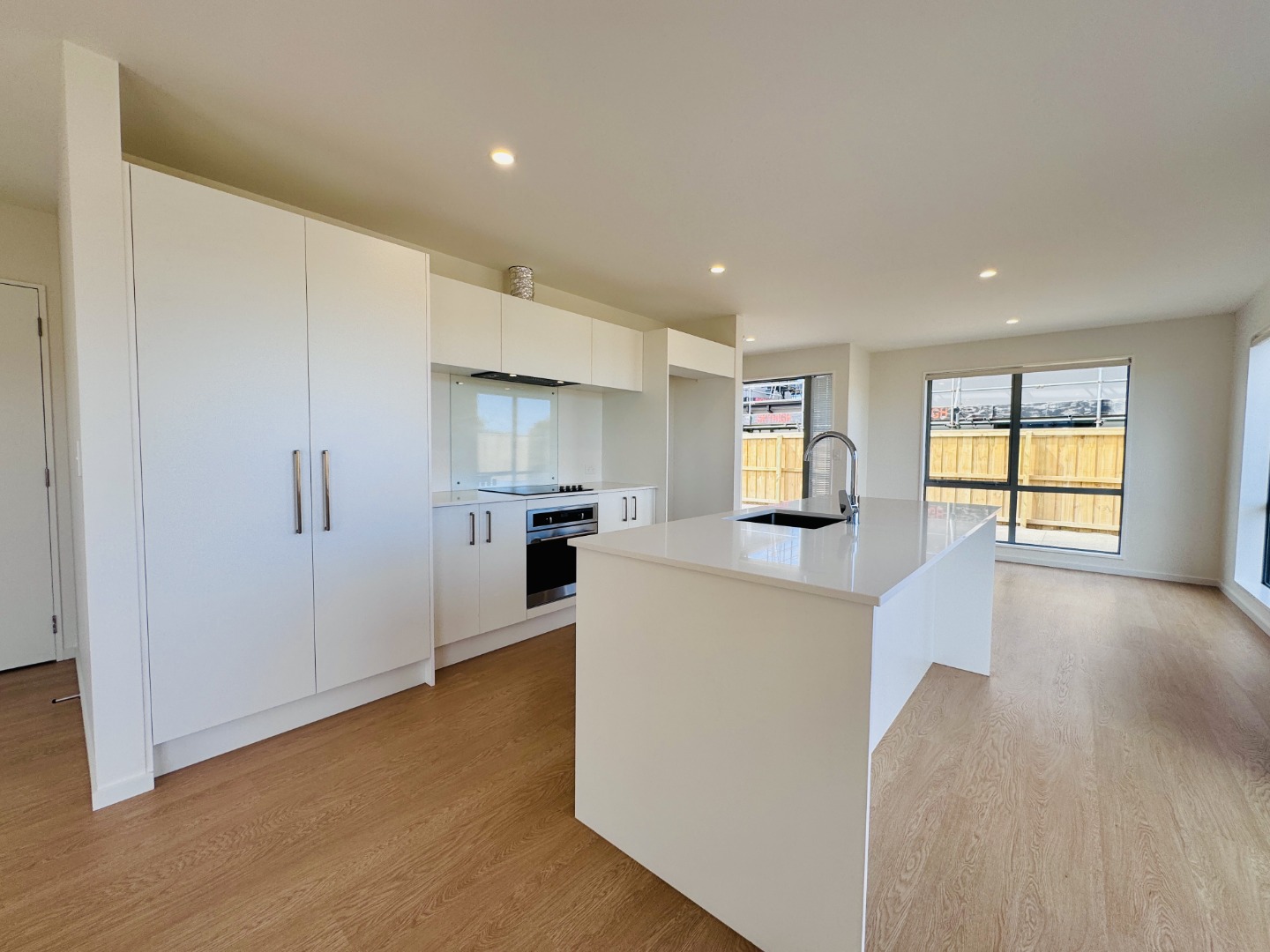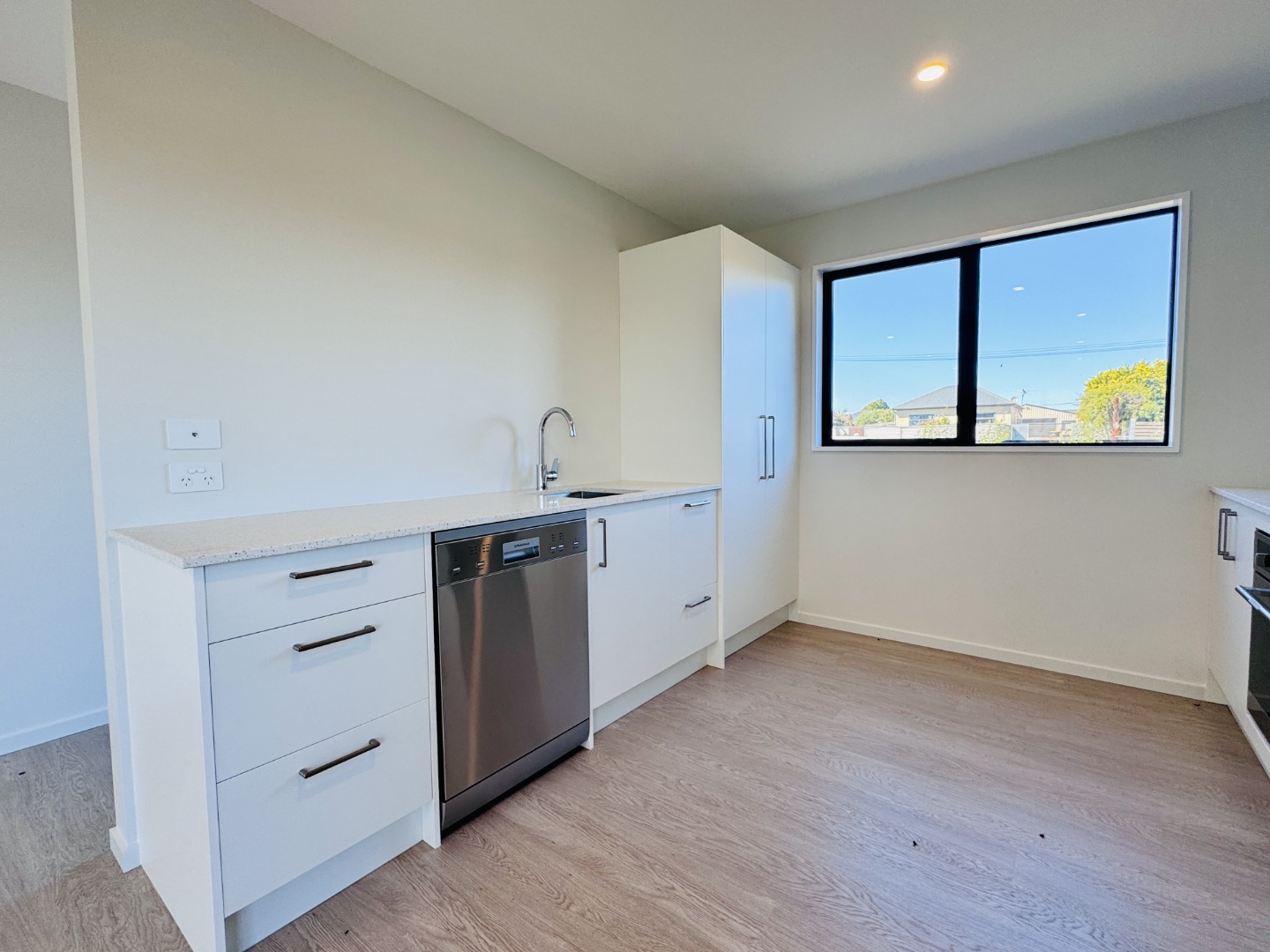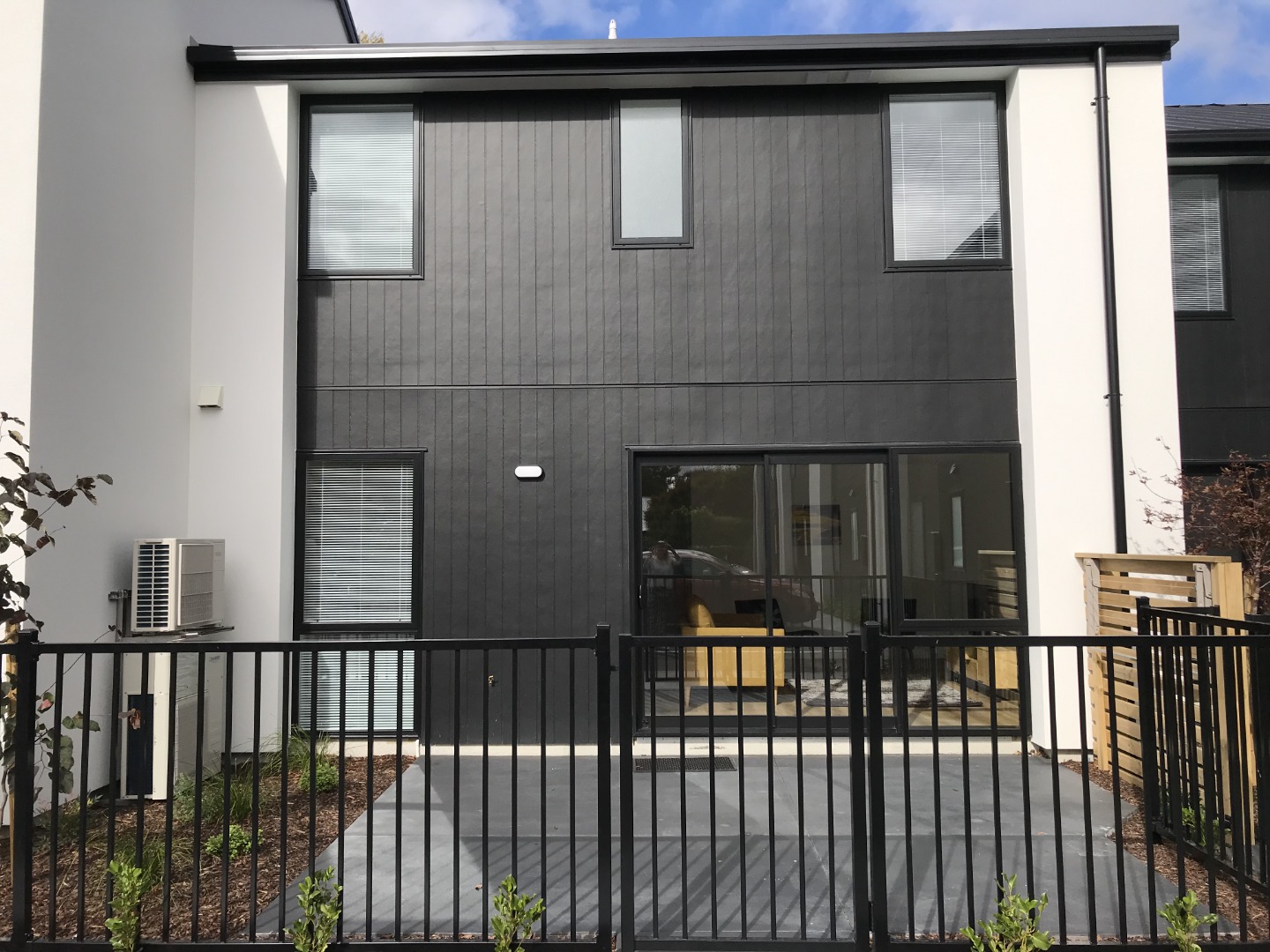

Finding Your Perfect Student Flat
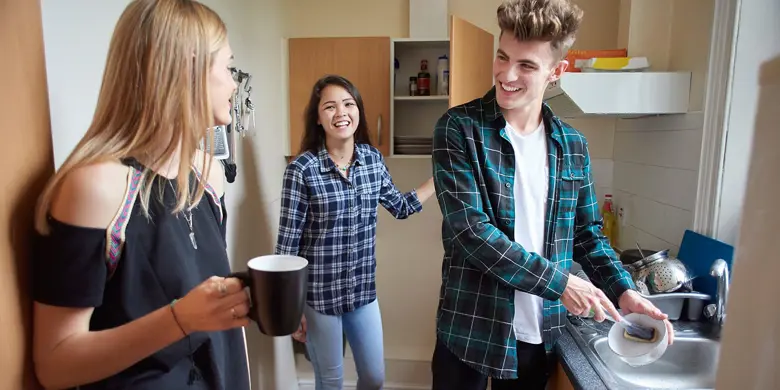
Why go flatting?
Flatting or private renting has been the most popular form of student accommodation for years, as you can live independently without supervision for the first time!
Whilst this is true, the process is not always easy regarding the money side of things and paperwork can be baffling. You will need to deal with a landlord or an agent who will have certain expectations about how you use and maintain the property.
The property itself may not be as nice as the one you grew up in and it may be a harsh reality realising that the entire cleanliness and maintenance of the house is down to you and your friends.
Consider the cost carefully as a cheap house will be cheap for a reason – either size, location or quality, and bills will be payable on top of the rent.
The benefits are that it is a great practice for when you will be renting or buying your own house in the future - get a grip now on budgeting and cleaning and you may never move back home!

Top 5 things to look for to find your perfect student accommodation
• Location, location, location - it may be the perfect student house but is it really where you want to live?
• Is there enough communal space? You do not want to spend your days stuck in your bedroom
• Is it good quality? From the kitchen appliances to wardrobes - is it all going to last?
• Maintenance Issues - who will fix your hot water cylinder if it breaks or unblock the shower?
• Incentives - don't be swayed as these are usually a short-term benefit
When to start looking for a flat?
You will most likely be in university halls for your first year at uni, however by July or August, you may already be under pressure to make decisions about where you are going to live for the next academic year.
In Christchurch most letting agents release their lists of available student accommodation around August and there is a rush to secure the best accommodation within close proximity to the uni. In recent years there have been plenty of student flats available for everyone.
It is a good idea to start thinking about suitable people to live with as early as possible – the average is 5 people but you can live in groups up to 8. You will need to commit to these people for a whole year so consider this very carefully.

Where do you want to live?
You will probably want to live in a traditional student area so you can take advantage of the social scene and walk or bike to uni. These flats are in high demand so also ask a higher rent.
Be aware of security in areas densely populated by students. These are high crime areas due to shiny new laptops and gadgets that are readily available due to carelessly left opened windows and doors.

Securing your student flat
When you have found your perfect student house or flat to share, you will need to complete an application form. It is best to have all information required complete and returned promptly so the landlord or agent can process it quickly and put you to the front of the queue for acceptance as a tenant to the property of your choice.
In most cases you will be expected to nominate a guarantor - someone who will take over the rent payments if you default on the rent.
If you are renting with other students and have one tenancy agreement, you are signing as joint and severally liable tenants. Each tenant will most likely be required to have a guarantor to guarantee this agreement. In other words you and the guarantor are liable to cover your share of rent and also the whole rent. So it is only fair each tenant has a guarantor.
Once a suitable person is nominated (usually a parent), they will also need to sign paperwork and often show ID, so make sure they are fully aware of what they are entering into.
You will need to pay something to secure your property so that no one else can come in and take it after you have decided it's the one for you. The most common form of payment is a deposit of one weeks’ rent which as well as securing the property is also an assurance for the property's owner that the tenancy is in place for the following year. An average cost would be around $130 per student.
A letting fee may also be requested which is generally one week’s rent + GST or around $150 per student. A bond of four weeks rent is payable on or before the date the tenancy starts and is divided equally between the tenants. The bond is lodged with Tenancy Services and you will have this returned at the end of the tenancy as long as there have been no defaults in payment or damage to the property.
Length of contract
Before signing a tenancy agreement, check how long you are actually signing for. Most are actually 12 months regardless of how many months you are actually at university for (you will usually be finished lectures by Oct/Nov and will not start again until Feb). However a contract for a whole year may be a good thing if you want to stay in your university city over the summer and work.

What happens if someone drops out of shared student accommodation?
In a shared house, most tenancies tend to be for the whole property and therefore if someone drops out, you will need to replace them or otherwise cover the remaining rent amongst the remaining tenants.
If you are the one leaving before the tenancy agreement expires, you will usually be expected to find someone to replace you to cover your rent as this will be in breach of your contract – it’s best to check with your landlord or agent and find out what they require you to do.
Students should make sure they check with the landlord or agent what type of tenancy agreement they are entering into before signing anything.

